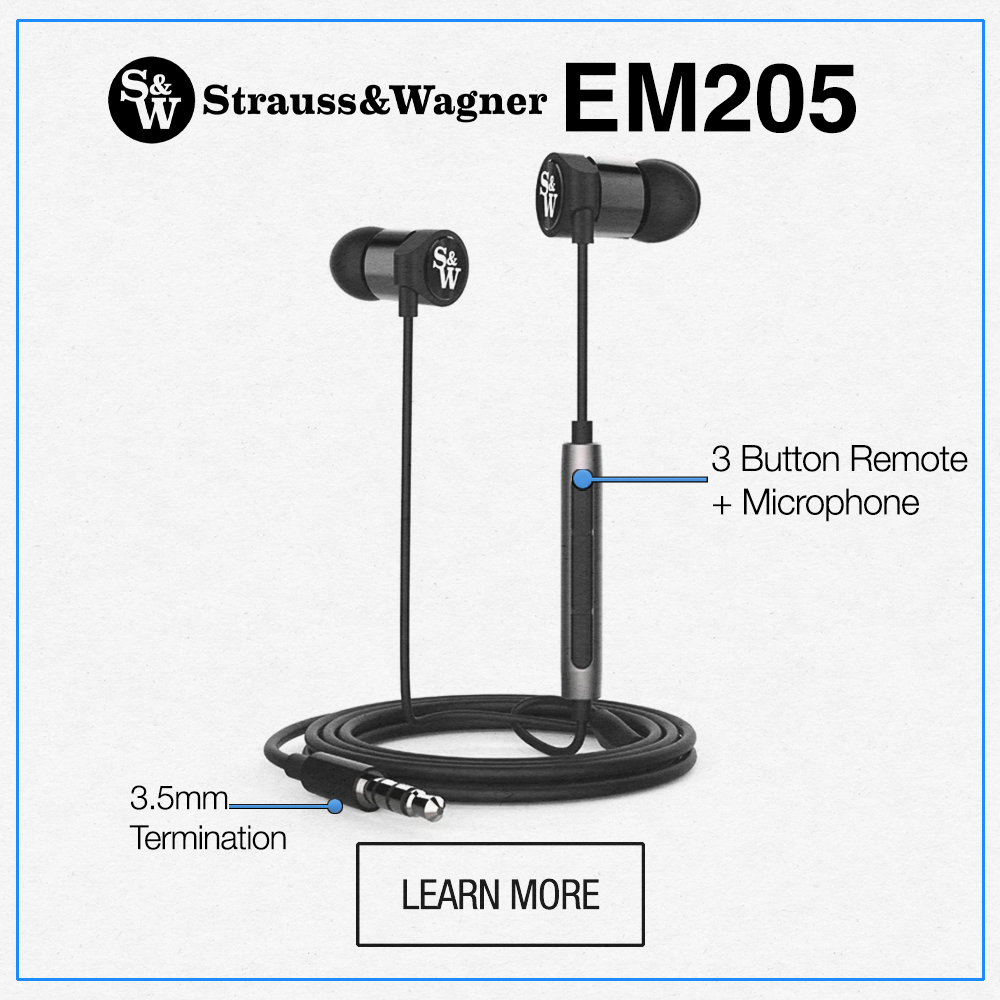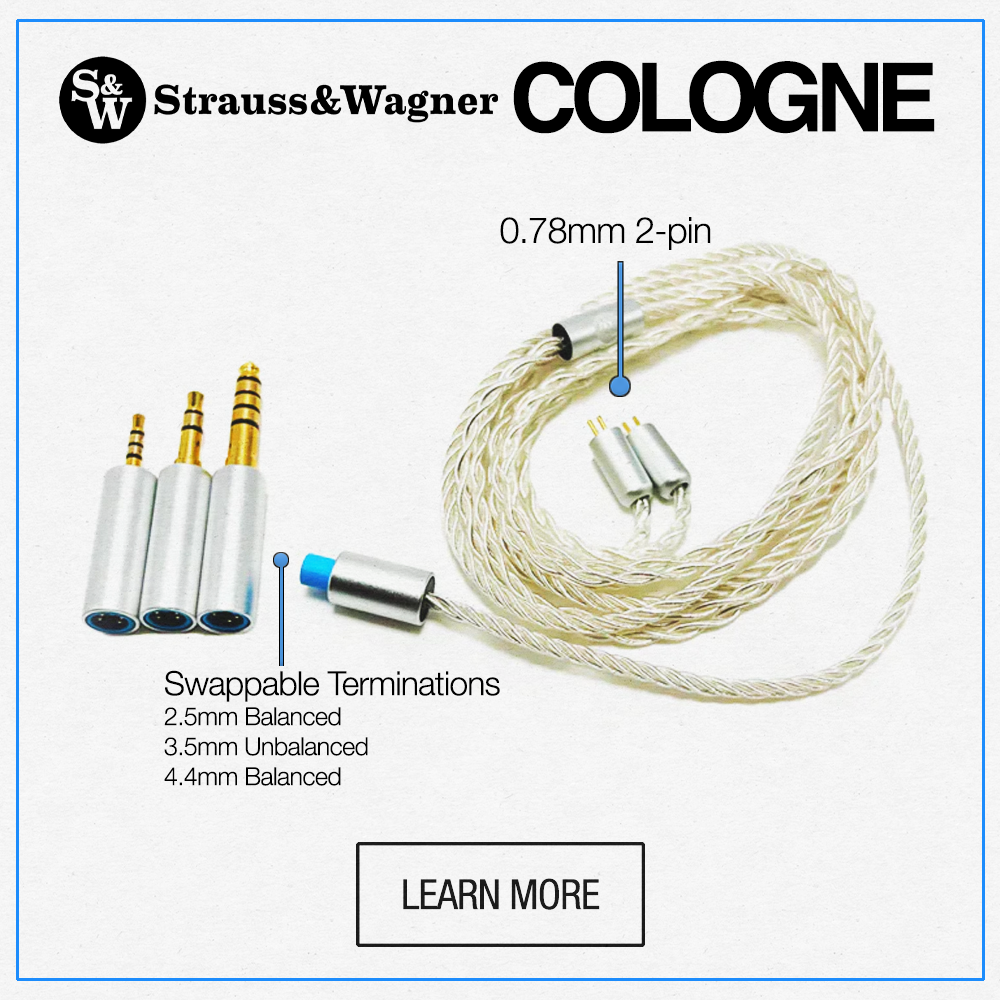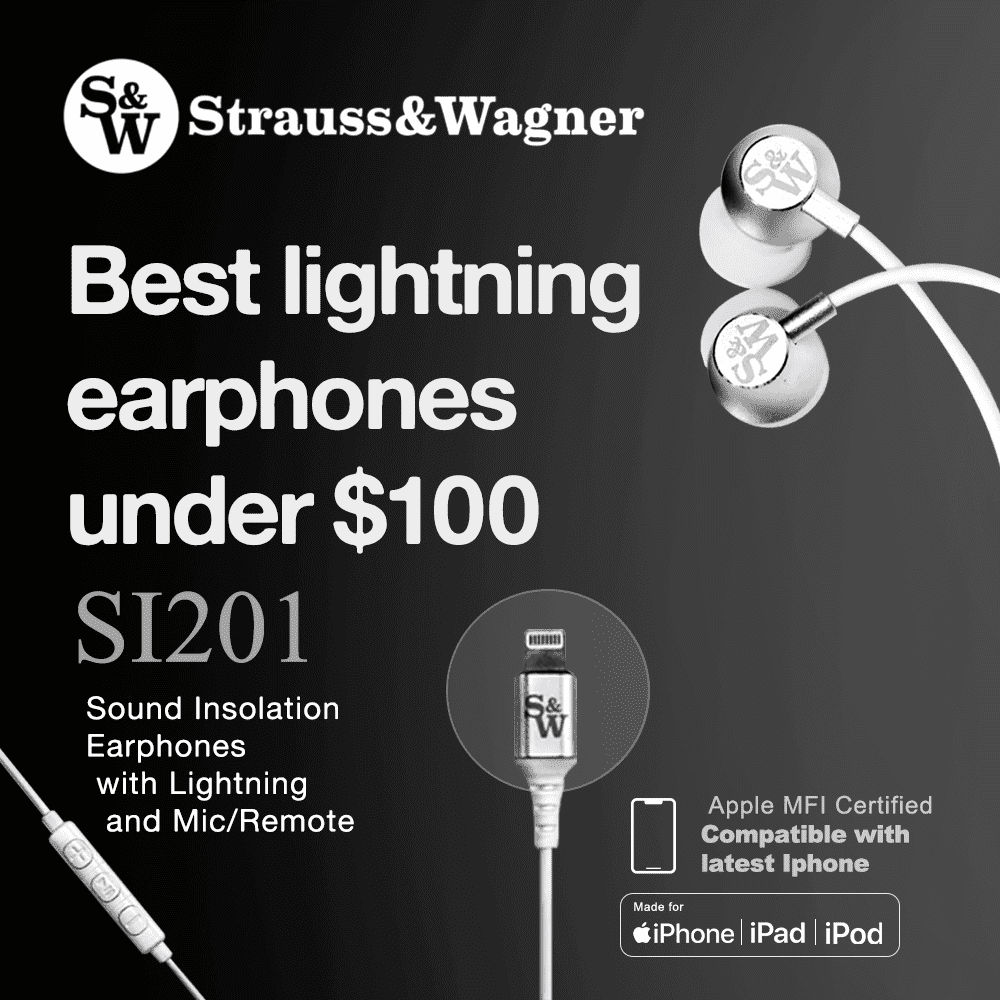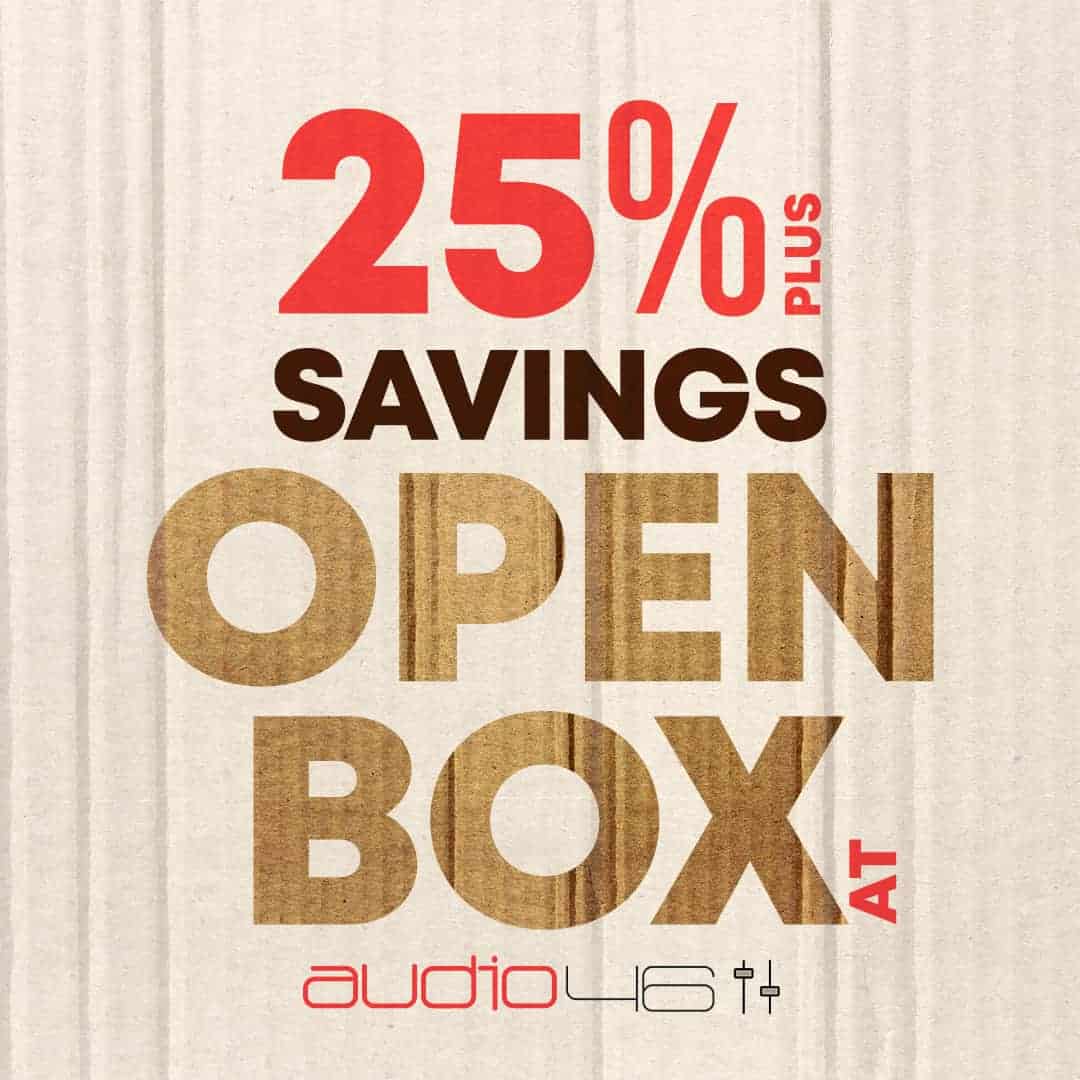Amazon is the world leader in e-commerce. Per the end of 2017, the Seattle, Washington-based company grossed nearly $178 billion in net sales. The company is ever-growing with expansions from it’s history as a book retailer to selling streaming services for television and music. The retail giant tried to expand to their own private labels in 2009 and failed, but as of now there are 70 Amazon private label stores on their own platform, according to Recode.
Can Amazon Private Labels Oust Consumer Electronic Brands?
What does “private-label” mean?
This means that Amazon is selling their own “brand” items without the Amazon logo. Rather, these stores which range from clothing and shoes to housewares and some electronics have names like Daily Ritual, Stone & Beam, and Leather Architect. The closest thing to Amazon revealing their private-label is a store called Amazonbasics. These stores as well as their own items are said to be pushed on the consumer more than those not under the Amazon umbrella.
With this method, Amazon has intuitive access to the sales numbers of their competition. And now with the global leader moving past simple retail and heavily investing in streaming services (for both music and TV) as well as their own grocery store – there’s also that Whole Foods acquisition! – Amazon is on their way to world domination (I’m exaggerating), but what does it mean for retailers when Amazon is creating their own private label shops marketing them ahead of the competition and monitoring their sales?
What does this mean for headphone companies and the consumer electronic market?
Well, the consumer electronics and headphone market will most likely remain un-phased. Here’s why.
First off, retailers selling their own low-cost, generic brand items alongside the competition. Target, K-Mart, JCPenny – they all do it. It’s a great way to accrue profits since the house brand is under the company and requires no middle man to get the product on the shelves. Then it’s up to the consumer to decide if they’d like the budget-friendly house brand or name brand.
Secondly, as someone all too familiar with headphone consumers and honestly shopping in general, when it comes to electronics consumers are usually looking for a specific item at the most budget-friendly price they can find or they’re looking for a certain type of item from a specific brand. When it comes to high-end headphones, I’m an Audeze fan, so when I’m headphone shopping I‘m willing to spend more on this brand because I love them.
Third, Amazon is only doing so well when it comes to consumer electronics. I searched through all the Amazon private label shops to find a few, and by few I mean like three, headphones. The most expensive headphone was on-ear and under $20. It had over 4,000 reviews with a glowing … star rating. The other two headphones were actually in-ears. So no real competition there. They’ve got quite a bit of work to do if they want to compete in the headphone market.
In the end, it’s fair that as consumers we were more aware of Amazon’s presence in the marketplace while also knowing your fave headphone companies are probably safe, for now!
Do you think Amazon private labels oust consumer electronic brands?
Compare the ranking of various headphones, earbuds and in-ear monitors using our tools.
Discuss this, and much more, over on our forum.
---MAJORHIFI may receive commissions from retail offers.














